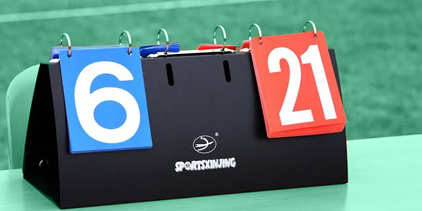GPs will be able to count teaching, writing, practice audits and medico-legal work towards their CPD, among other day-to-day activities
GPs will be able to count teaching, writing, practice audits and medico-legal work towards their continuing professional development, among other day-to-day activities, under the RACGP’s draft plans for the 2020-23 triennium.
Details are yet to be finalised, however, and will be confirmed at the GP19 conference in October. But according to an outline from the college, even listening to medical podcasts will count as “skill and knowledge development” – another reason to subscribe to The Medical Republic podcast.
In the framework put out for consultation with providers, the college says it has “remapped and broadened” its definition of learning within a GP’s day-to-day activities. “Accordingly, more daily activities undertaken by GPs will be recognised for what they are: instances of learning relevant to their scope of practice,” it says.
These activities, which will be worth two points per hour when logged as “chosen learning”, will come in the following categories:
Educator activities: teaching; supervising or mentoring in clinical or medical undergraduate setting; examining for the RACGP; working as an RACGP assessor or reviewer.
Patient-centred professional development: patient presentation research or reading, consultation/discussion with colleagues; review of clinical guidelines; patient survey; auditing one’s own practice.
Working and learning with peers: case-based discussions, joint review of cases, and review of medical records; discussion groups or forums; practice meetings with patient-centred discussions or where clinical issues are discussed; external meetings with an educational or clinical focus, e.g. guideline development.
Academic activities: publications in medical journals or texts; presentations to scientific meetings; reviewing ethics or grant proposals; editing or reviewing research or educational material; giving expert advice on clinical matters.
Skill and knowledge development: conferences, grand rounds and seminars; advanced life support (non-accredited); reading, web research, or podcasts; assessments designed to identify learning needs in specific areas e.g. procedural skills or diagnostic skills.
Not directly focused on GP’s practice: participating in clinical governance/QA committees; accrediting or auditing practices, hospitals and training sites; medico-legal work (reporting, expert witness); leading, analysing, writing reports on healthcare outcomes; participation in morbidity and mortality meetings; root cause analysis.
Study towards non-clinical skills and knowledge: developing as an educator, academic or manager.
A CPD app designed to make it easier to upload activities is under development and will be revealed at GP19.


